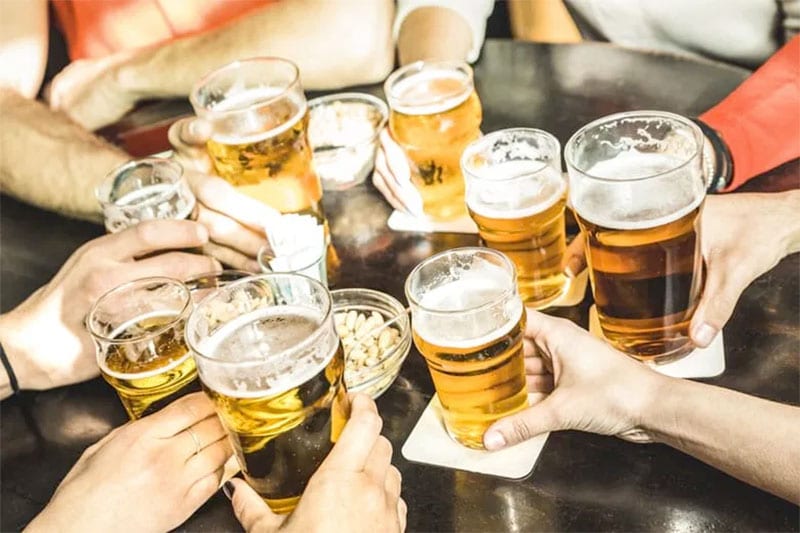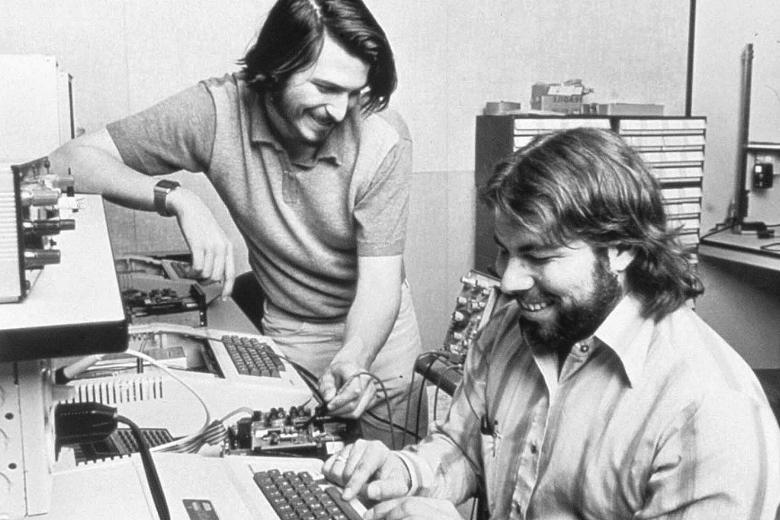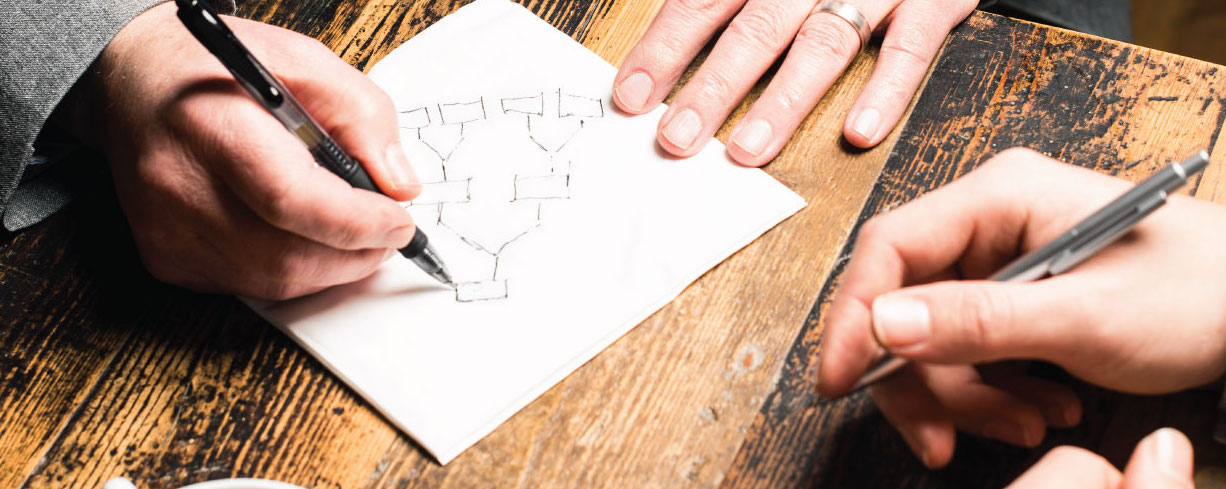An inventor walked into a bar one day….
How innovation and ideas thrive where people mix and connect informally.
Bars, taverns, pubs, and saloons have long acted as social hubs that stimulate ideas, conversations, and innovation. English taverns were the primary social gathering place for both the high and low classes into the late 17th century. The innovative ideas of the American Revolution borrowed from the Scottish Enlightenment were plotted in loud, smoke-filled places like Boston’s Green Dragon Tavern and Philadelphia’s City Tavern. But this brainstorming effect applied equally to those who gathered to discuss inventions and new ideas. But what happens when you can’t meet in these informal settings? When these drinking spots are closed and there’s no place to gather informally?
“The innovative ideas that sparked the American revolution were plotted and argued over in Boston’s Green Dragon Tavern”
A paper published in 2020 by Michael Andrews, from the National Bureau of Economic Research showed something very peculiar. This economist carefully plotted the number of patent filings in relation to the inability to well, go to a bar or pub to socialize and drink. He found a surprisingly strong association. When formal drinking establishments or bars were banned or closed these “informal social networks” also disappeared, dramatically reducing innovation and thus patent filings. I think he’s really on to something here.

“Social interactions are important for invention because they facilitate the exposure to new ideas…and simply making it easier for individuals to find collaborators”
The paper, titled “Bar Talk: Informal Social Interactions, Alcohol Prohibition, and Invention,” showed a clear and distinct connection between bars and patent filings. That is, innovation is connected to socializing in informal locations and perhaps drinking becomes the lubricant to share ideas where that napkin sketch becomes the beginning of your future patent.
Patent filings dropped dramatically when bars and taverns were closed.
The author discovered that when Prohibition (1920- 1933) took effect with a national ban on alcohol consumption and the shuttering of bars, saloons and pubs across America, creative ideas also stopped flowing. During this period, patent filings dramatically dropped to 18% of what had been seen normally. He showed that these saloon-based social networks, thriving locations for innovation, had virtually disappeared.
Looking into this in detail the author asserts that after work, when folks are looking for a place to connect and share ideas, they frequently go to a bar or pub, order beers or some drinks, and proceed to share or argue over their social and political ideas and science or technology insights and map out how they will “change the world”. The proof of this is not only in the data but also in the stories of real innovations that powered companies. When Steve Jobs met Wozniak- where did they go to discuss their ideas? To bars and watering holes in Silicon Valley, of course.

“A large part of the modern computer industry emerged out of informal groups that met at The Oasis Bar and Grill and several other Silicon Valley watering holes”
So with this pandemic putting a hold on the social interactions in pubs, bars and drinking spots it should be no surprise that the number of patent filings in 2020 are down substantially throughout the United States, anywhere from 20 – 25%. I think this points out how important informal connections between people and groups are. It’s where ideas are created, hammered out, and become the beginning of a new invention. Formal meetings, plans and structured approaches to new technologies are not really a substitute to discovering something accidentally through conversations, sharing ideas, sketching out possibilities.
As bars and drinking spots open again patent filings take off again?
We need to recognize that these intentionally unstructured collaboration environments are an essential part of our innovation ecosystem and something we need to encourage whether it’s over a beer or not.
This yearlong suspension of informal social networking has clearly had its effects but as we know humans are entrepreneurial by nature. Soon, with outdoor drinking and dining opening up again and indoor spots hopefully following, we’ll see these connections, ideas, and patent filings take off once again.
